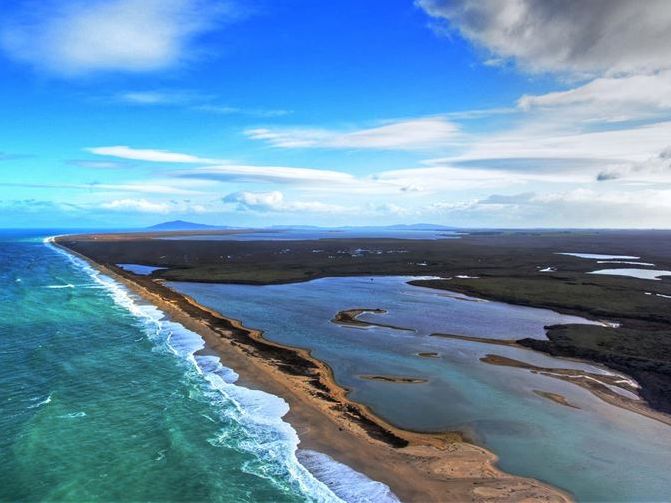 31st January 2024 Environment
31st January 2024 EnvironmentEnvironment Southland is using emergency works powers under the Resource Management Act to open the Waituna Lagoon and let a toxic algal bloom drain out to sea.
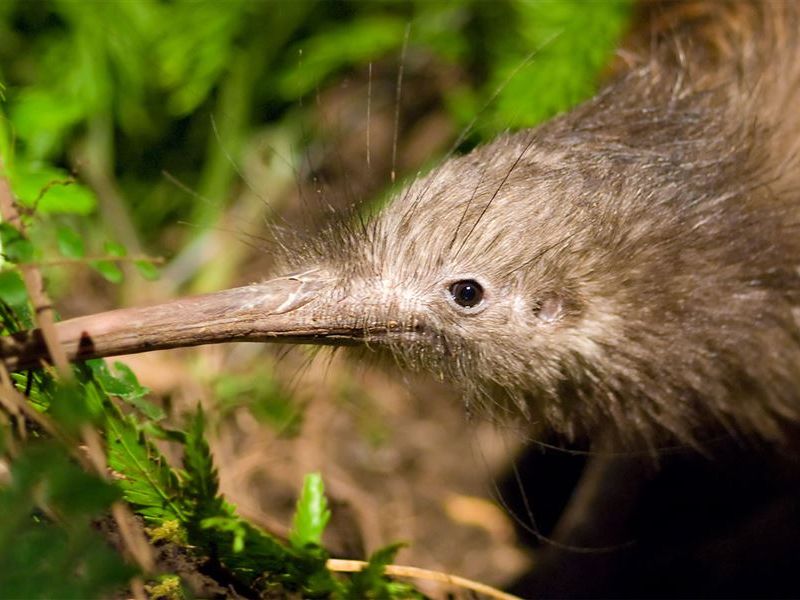 11th September 2023 DOC / Environment
11th September 2023 DOC / EnvironmentNew Zealand’s Wildlife Act will be revamped to better protect native species and improve biodiversity, says Conservation Minister Willow-Jean Prime.
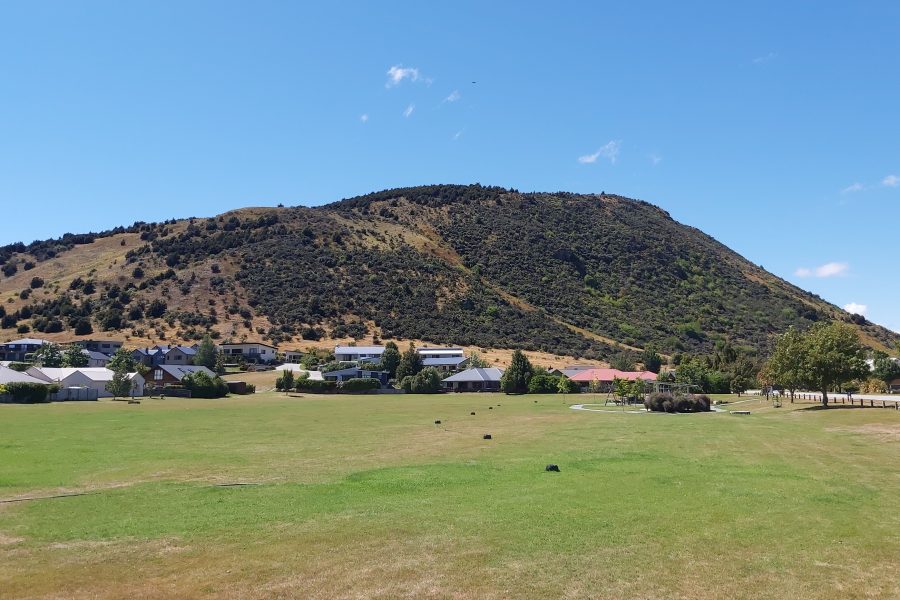 6th September 2023 Environment / QLDC
6th September 2023 Environment / QLDCQueenstown Lakes District Council is turning to technology in an effort to monitor wildfire risk and environmental conditions in two of the district’s recreation reserves.
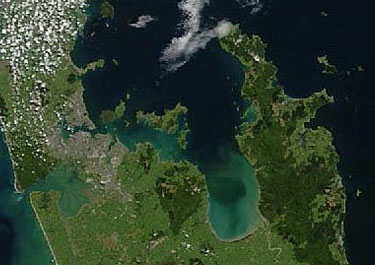 10th August 2023 Environment / Marine
10th August 2023 Environment / MarineConservation and environment groups have welcomed the government’s plan to nearly triple the Hauraki Gulf protection area with 19 new marine protection areas.
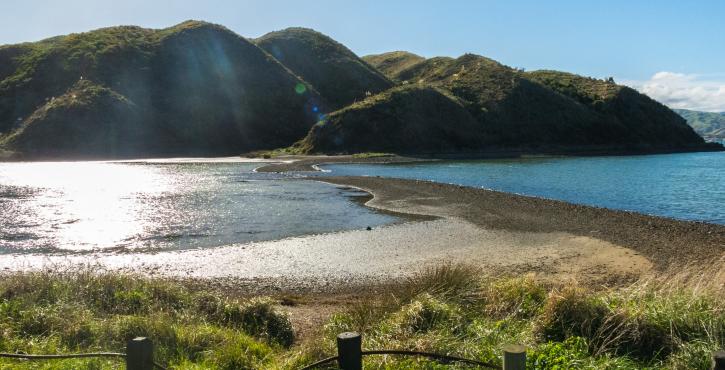 5th July 2023 Environment / ITP
5th July 2023 Environment / ITPTourism Industry Aotearoa and the Tourism Environment Leadership Group are holding a webinar discussion exploring the draft Environment Action Plan tomorrow, 6 July.
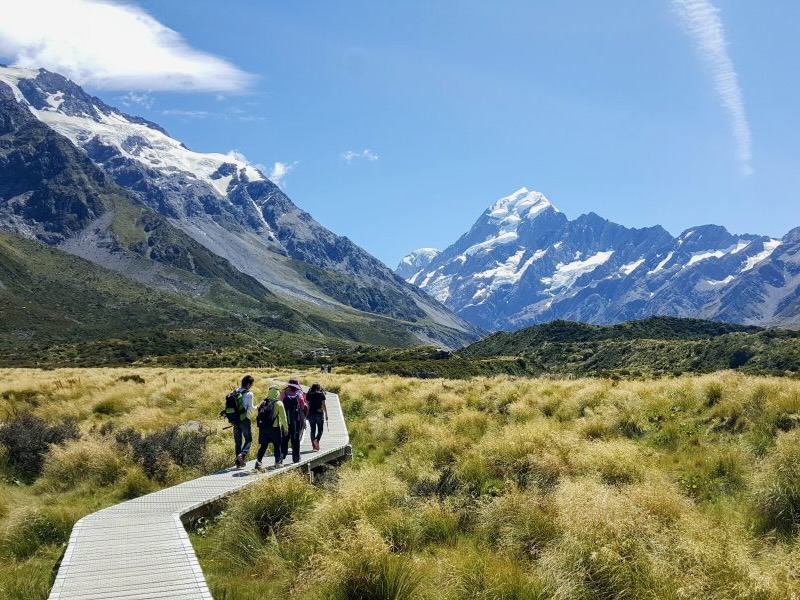 16th June 2023 Environment / ITP
16th June 2023 Environment / ITPRegeneration tourism projects and a regular national tourism strategy are also proposed in the 91-page document.
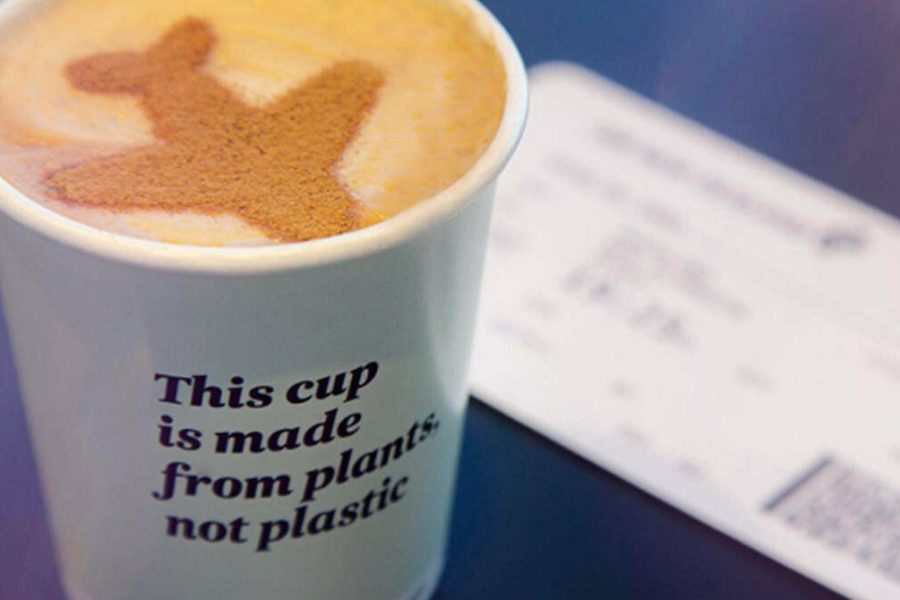 2nd June 2023 Air NZ / Environment
2nd June 2023 Air NZ / EnvironmentAir New Zealand says it is unfair to be accused of greenwashing because of its environmental messaging and that many of its compostable hot beverage cups end up in landfill.
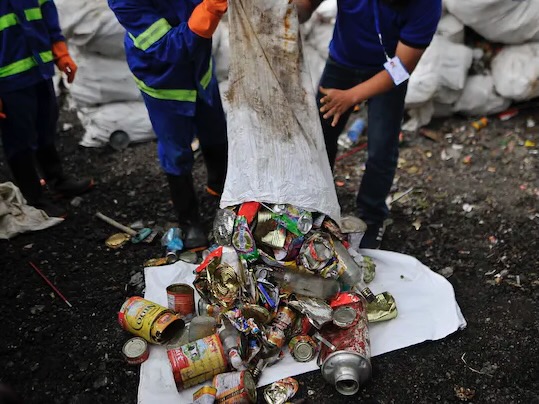 29th May 2023 Environment / Opinion
29th May 2023 Environment / OpinionSeventy years ago today, Kiwi Edmund Hillary and Sherpa Tenzing Norgay reached the summit of Mt Everest. Now, mountaineering is hugely popular and commercial but that has come with consequences, write tourism researchers.
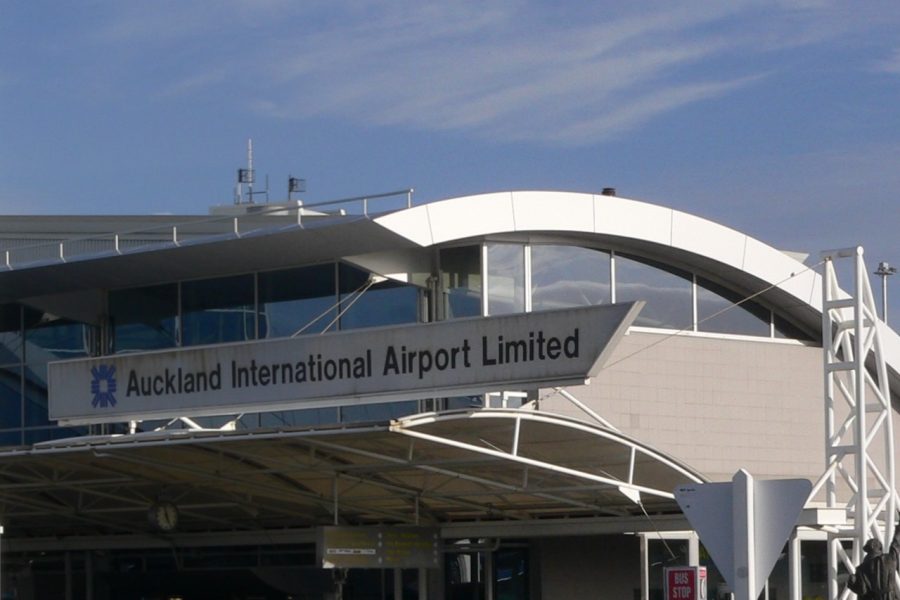 1st May 2023 AIAL / Environment
1st May 2023 AIAL / EnvironmentAuckland Airport is turning off natural gas in favour of electricity for its air conditioning systems.
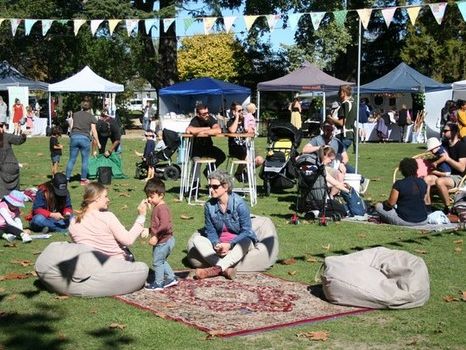 21st April 2023 Environment
21st April 2023 EnvironmentEnvirohub Marlborough is supporting Earth Day 2023 with a family-friendly, zero-waste picnic event.
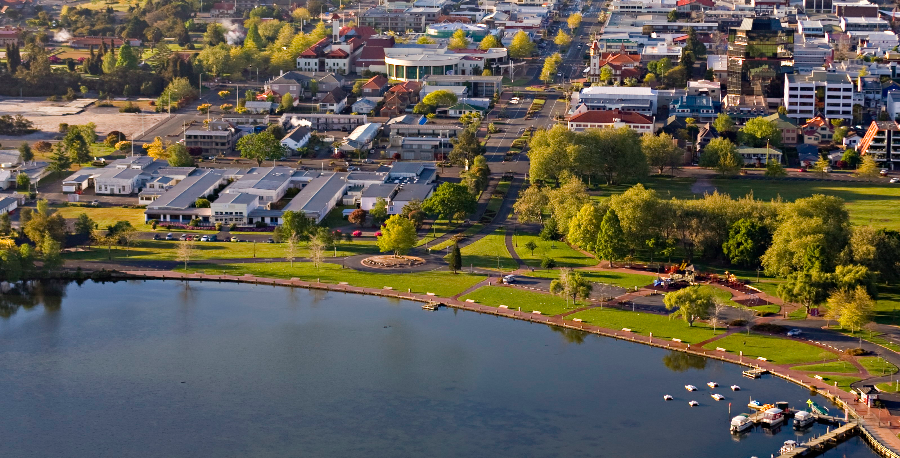 17th April 2023 Environment
17th April 2023 EnvironmentMore than 80% of North Island lakes and 45% in the South Island are suffering from poor health, according to a new study.
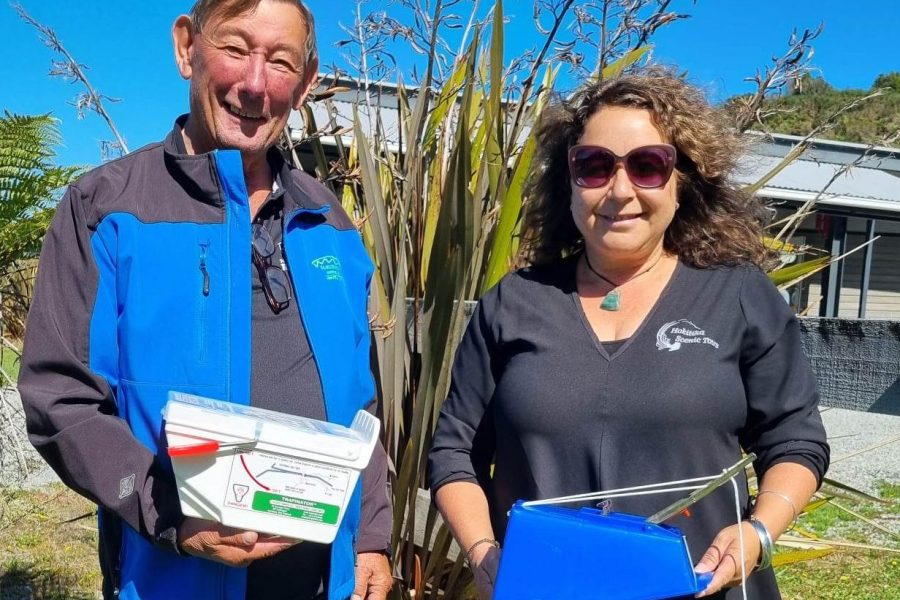 6th April 2023 DWC / Environment
6th April 2023 DWC / EnvironmentHokitika Scenic Tours and West Coast Treetop Walkway and Zipline are partner on a regenerative programme that encourages people to purchase native plant seedlings as part of a fundraising effort for predator traps.
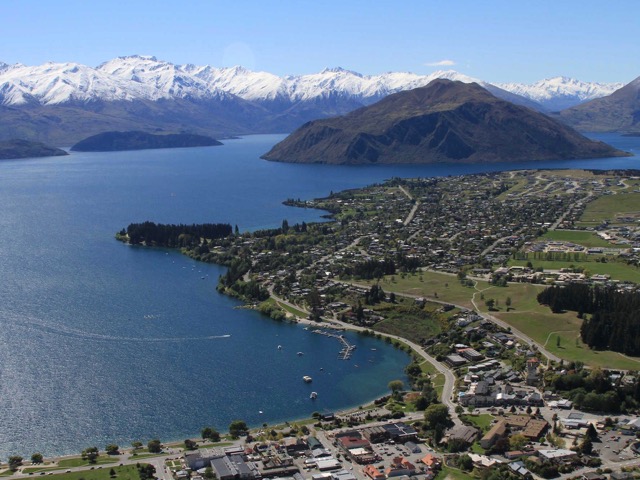 5th April 2023 Environment / LWT
5th April 2023 Environment / LWTLake Wānaka Tourism has opened entries for its second Monster Children Film Awards, celebrating the theme of regeneration.
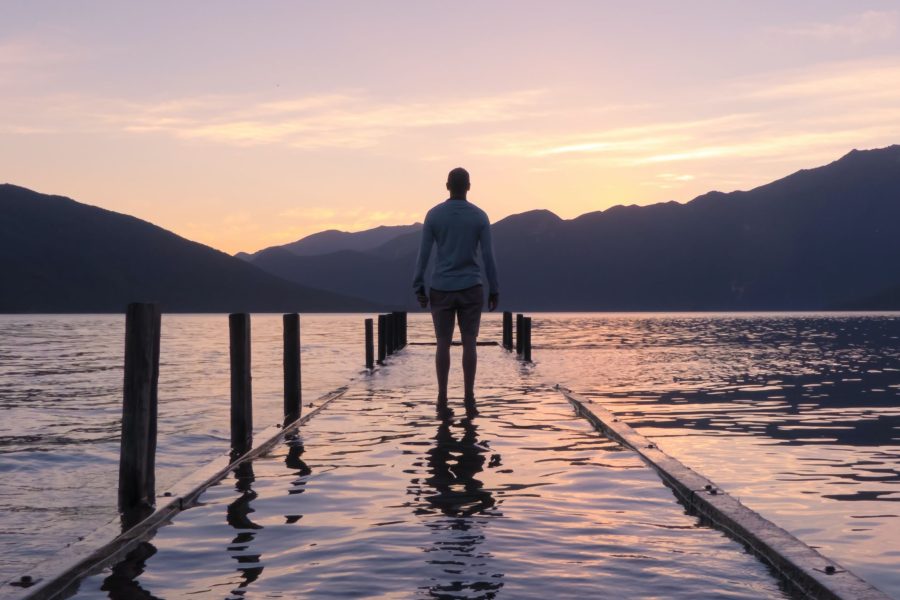 3rd April 2023 Environment / The Aotearoa Circle
3rd April 2023 Environment / The Aotearoa CircleA study into how tourism could be affected outlines scenarios from orderly to severe.
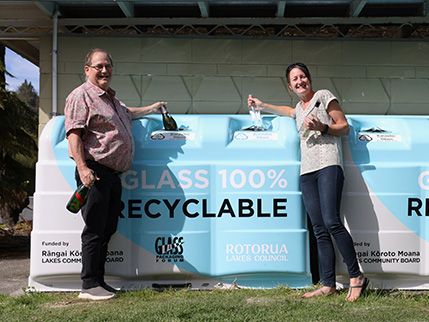 31st March 2023 Environment
31st March 2023 EnvironmentRotorua Lakes Council is installing public glass recycling ‘bintainers’ around popular holiday hotspots around Lake Rotomā and Rotoiti.
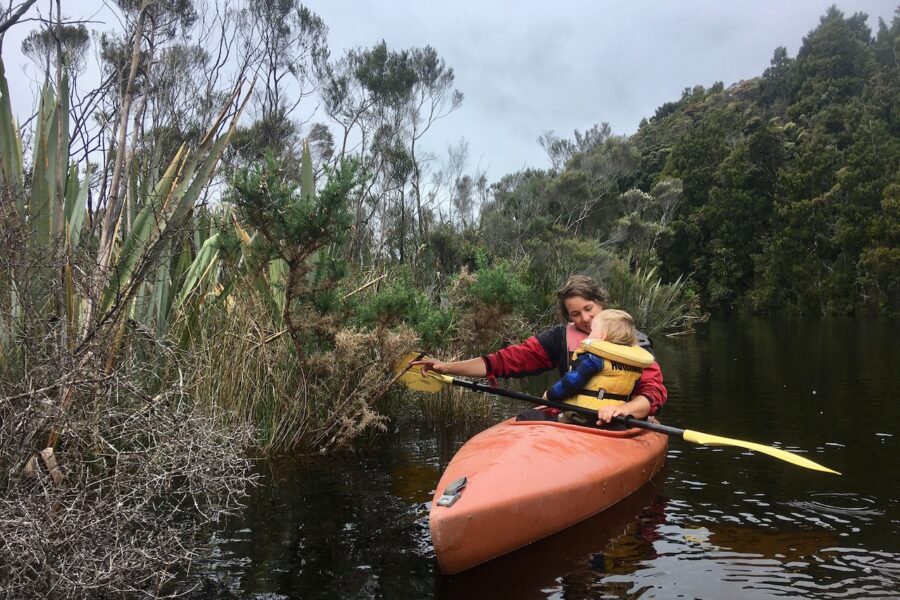 16th March 2023 Environment / Okarito Kayaks
16th March 2023 Environment / Okarito KayaksThe annual Ōkārito GorseBusters event is returning again in 2023 with a strong contingent of local and international visitors taking part in the cleanup.
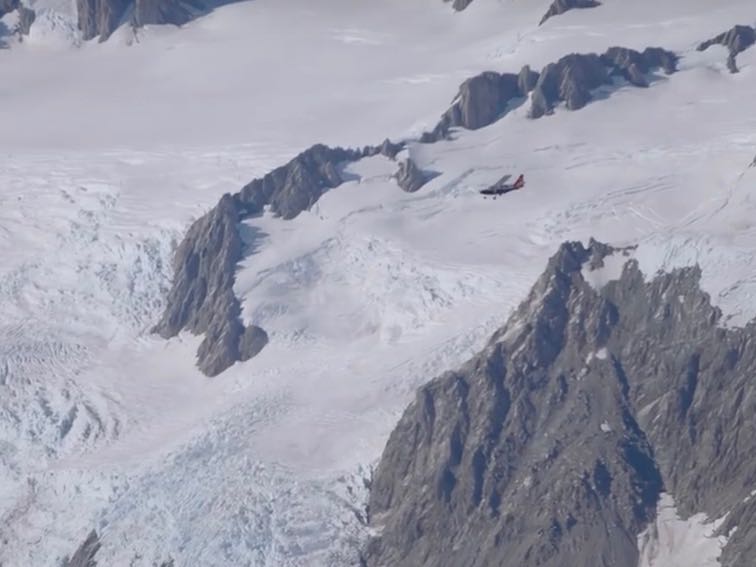 9th February 2023 Environment
9th February 2023 EnvironmentNew research suggests New Zealand is one of the least vulnerable countries to the dangers of glacial lake floods.
 27th January 2023 Aviation / Environment
27th January 2023 Aviation / EnvironmentA new way to apportion carbon emissions taxes on airline passengers could be the answer to creating a fairer system that does not discriminate based on travel class.
 16th January 2023 Environment / WTTC
16th January 2023 Environment / WTTCThe travel and tourism sector’s emissions in Asia Pacific grew 4% between 2010 and 2019, while GDP rose an average of 7.3% during the same period, according to the World Travel & Tourism Council.
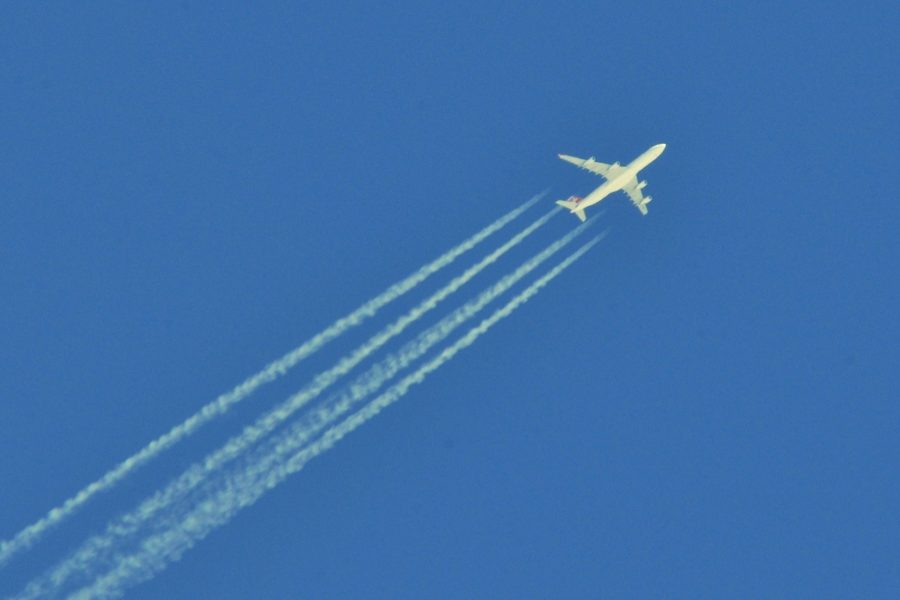 1st December 2022 Environment / WTTC
1st December 2022 Environment / WTTCThe industry group puts its “stake in the ground” on the worldwide industry’s emissions target.
 1st December 2022 Environment
1st December 2022 Environment“This new guidance will help central and local governments work together to put our climate plans into action as we make the transition to a low-emission, resilient future that benefits everyone,” said Minister of Climate Change James Shaw.
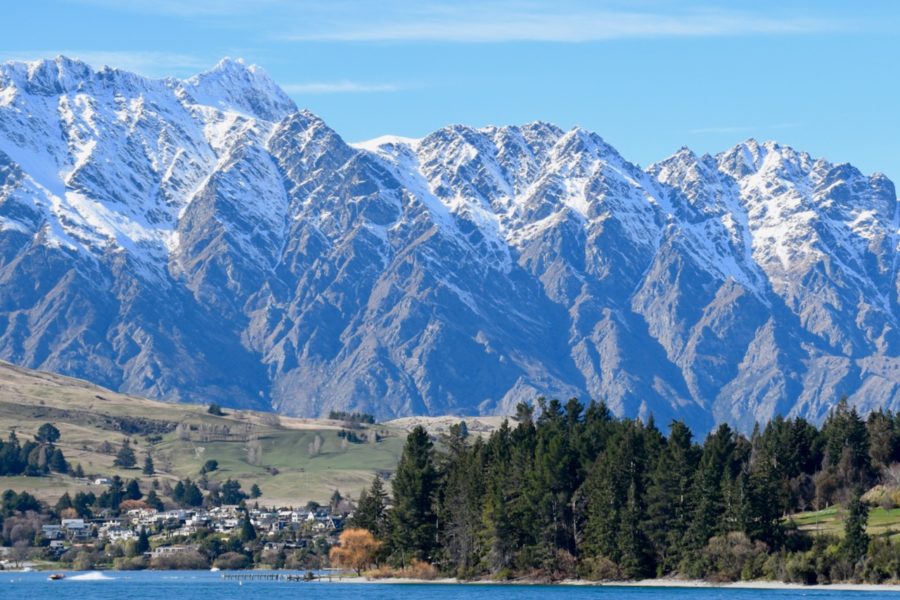 24th November 2022 Environment
24th November 2022 EnvironmentQueenstown Lakes District is aiming to make the destination’s tourism industry the first to carbon-zero by 2030 but is yet to reveal details of how it will achieve the ambitious target.
 17th November 2022 Environment / Regulation
17th November 2022 Environment / RegulationNew Zealanders are being encouraged to have their say on how the country plans its transition to a low-emissions future that is fair and inclusive for everyone.
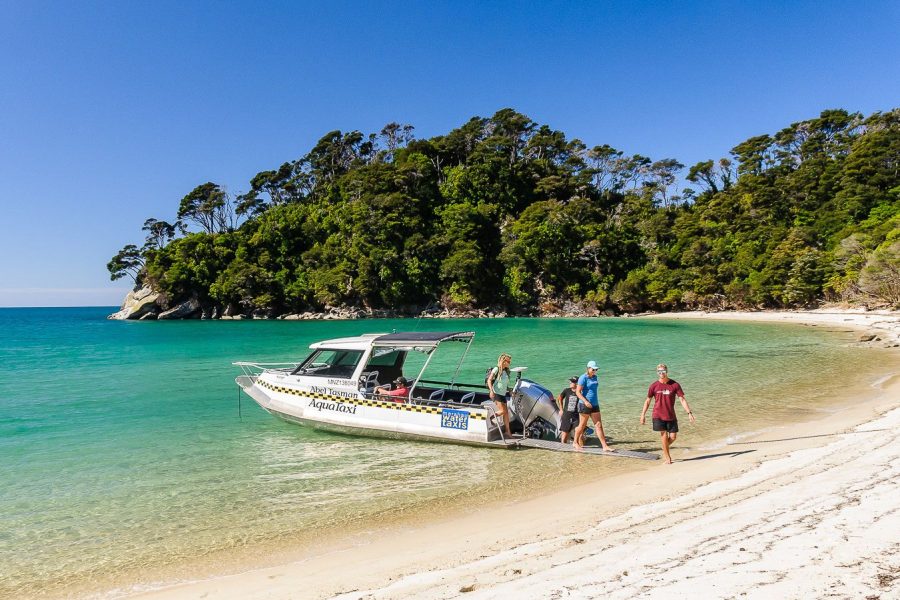 13th October 2022 Environment / NRDA
13th October 2022 Environment / NRDAA new visitor fee, a commitment to zero carbon, and operator co-operation are part of an initiative to improve the coastal village of Mārahau on the edge of Abel Tasman National Park.
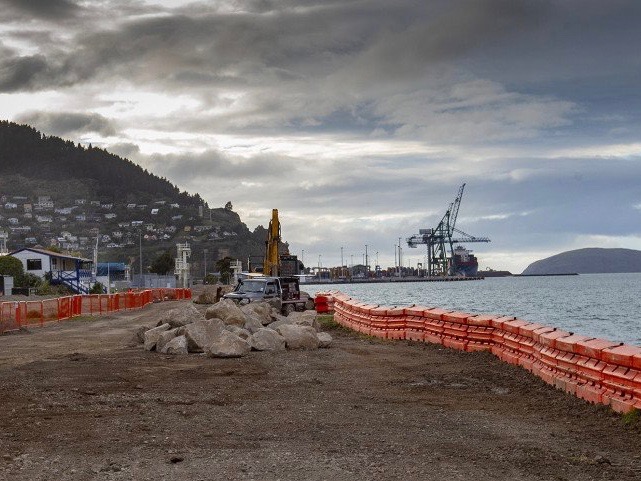 16th September 2022 Climate / Environment
16th September 2022 Climate / EnvironmentThe rate of sea level rise has rapidly increased in recent decades and will continue to do so due to the effects of climate change, according to Stats NZ.
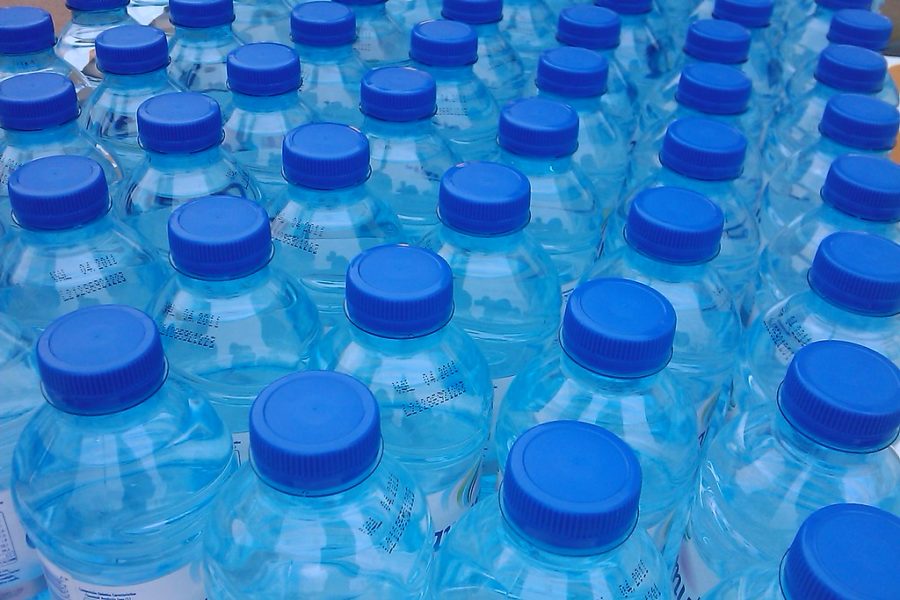 16th September 2022 Environment / KNZB
16th September 2022 Environment / KNZBKeep New Zealand Beautiful’s annual Clean Up Week begins this Saturday and members of the public are encouraged to play their part in tidying up their communities.
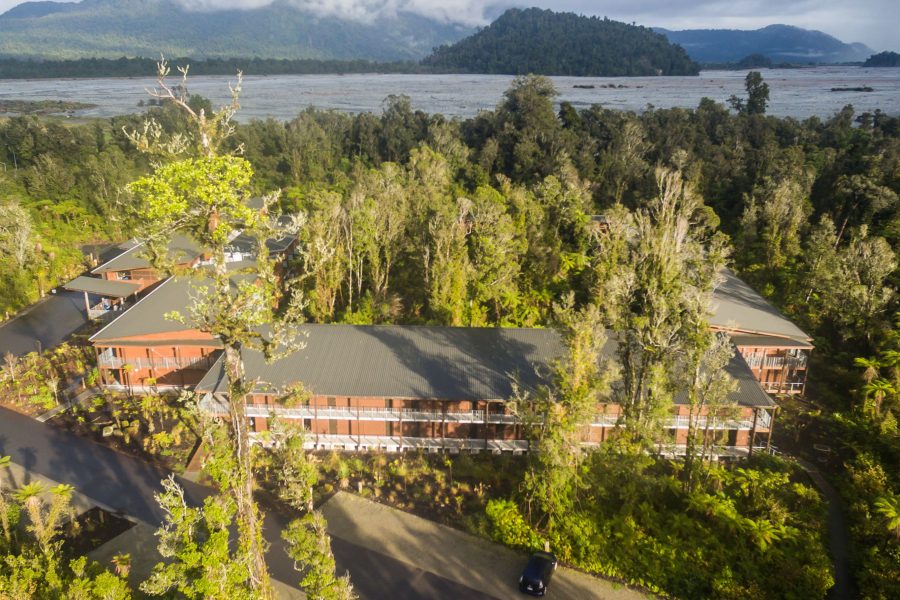 15th September 2022 Environment / Scenic
15th September 2022 Environment / ScenicScenic Hotel Group says it is taking steps to improve its business sustainability and aligning the group’s activities with six United Nations’ Sustainable Development Goals as benchmarks.
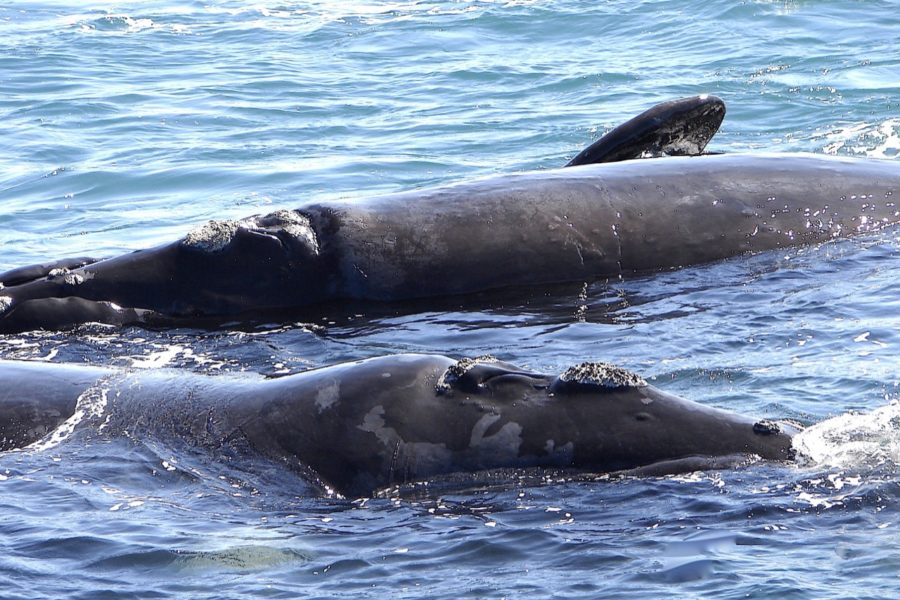 15th August 2022 Environment / Marine
15th August 2022 Environment / MarineTohorā southern right whales are taking longer to re-establish a habitat in mainland waters, scientists at the University of Auckland have found.
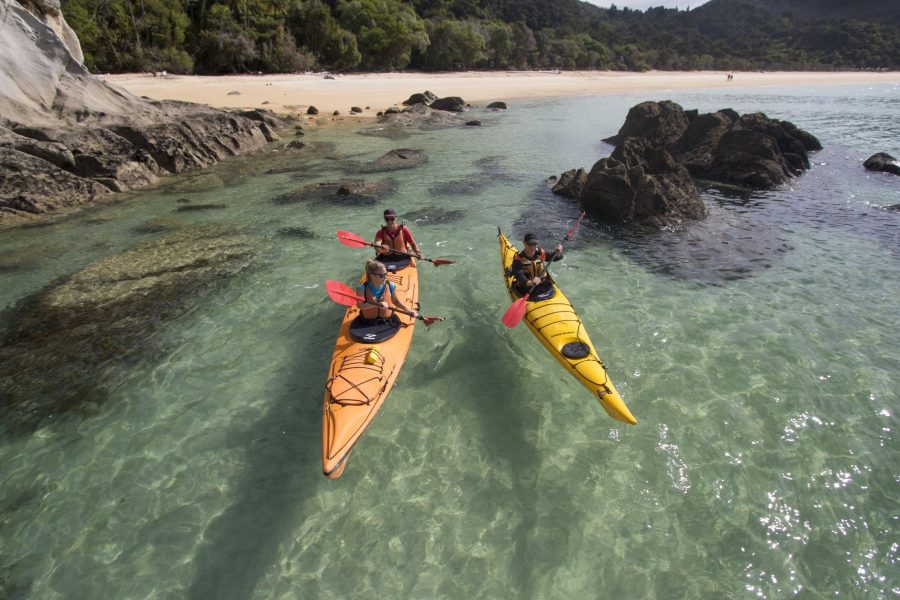 12th August 2022 Environment / NRDA
12th August 2022 Environment / NRDANine Abel Tasman tourism businesses are involved in a new regenerative tourism initiative that aims to support the village of Mārahau and the region.
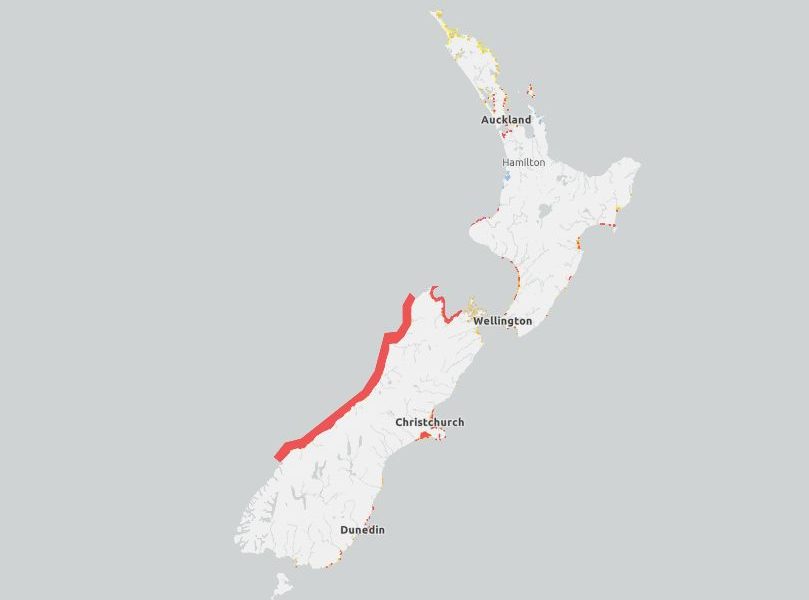 21st July 2022 Environment
21st July 2022 EnvironmentA nationwide tsunami evacuation map is now available online to help improve people’s preparedness in the event of a disaster.
 2nd June 2022 Environment / Ferry
2nd June 2022 Environment / FerryAuckland Council will invest “hundreds of millions of dollars” into six or seven new electric and low-emissions ferries as part of climate action proposal within Annual Budget 2022/23.
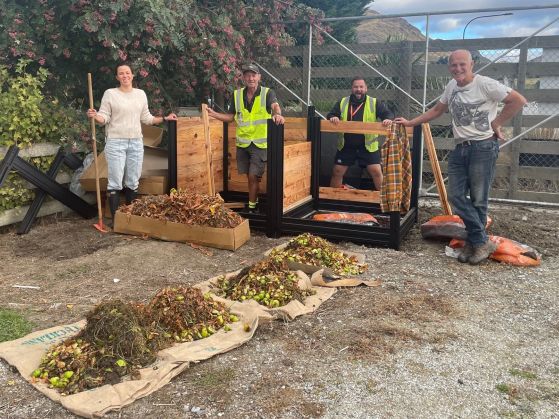 3rd May 2022 Environment / QAC
3rd May 2022 Environment / QACFood waste from staff kitchens and food and beverage outlets across the terminal will be processed in three CarbonCycle Compost Bins.
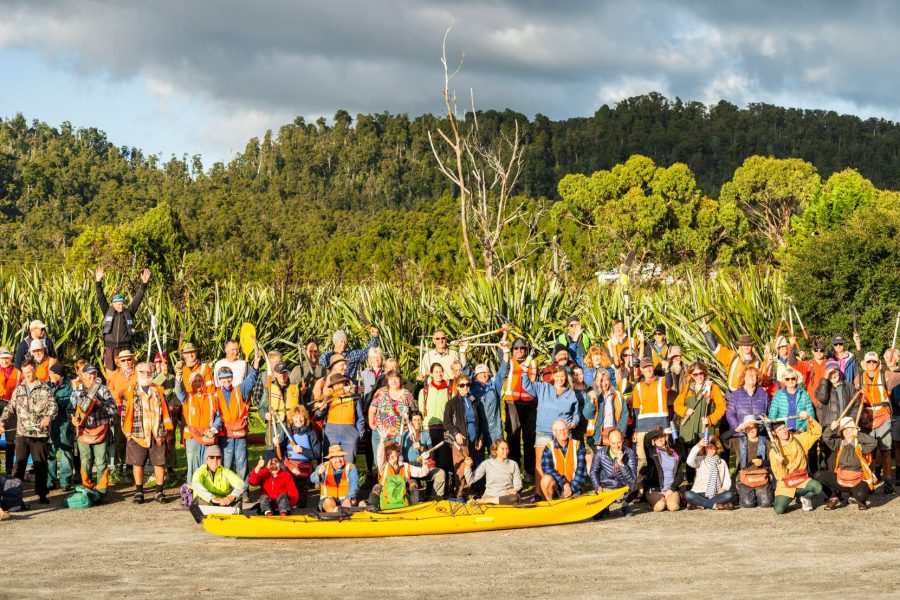 28th April 2022 Environment
28th April 2022 EnvironmentOkarito Kayaks’ Barry Hughes has declared the annual GorseBusters 2 cleanup of the Ōkārito Lagoon “possibly the busiest we’ve ever seen the remote South Westland wetland”.
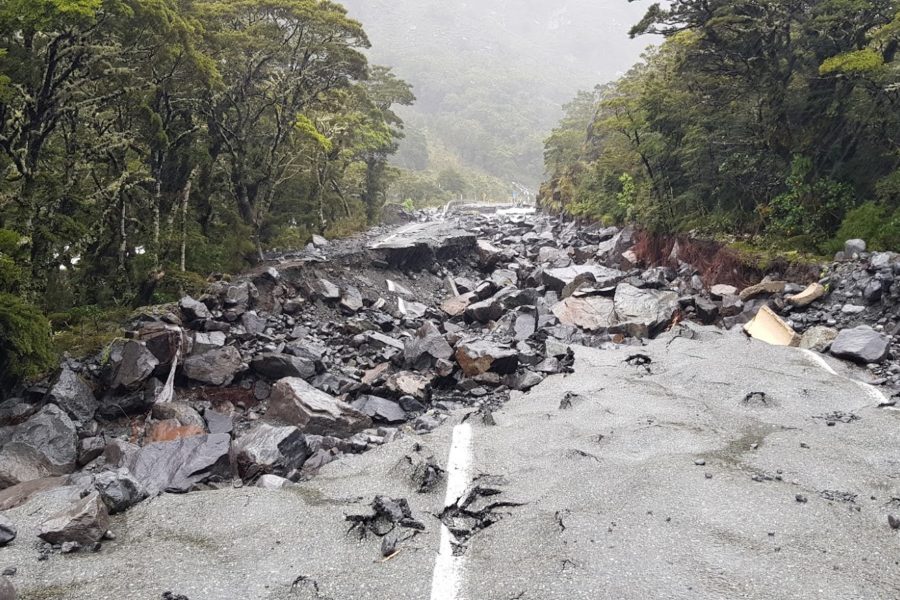 27th April 2022 Environment / Government
27th April 2022 Environment / GovernmentTourism is one of the country’s most exposed industries.
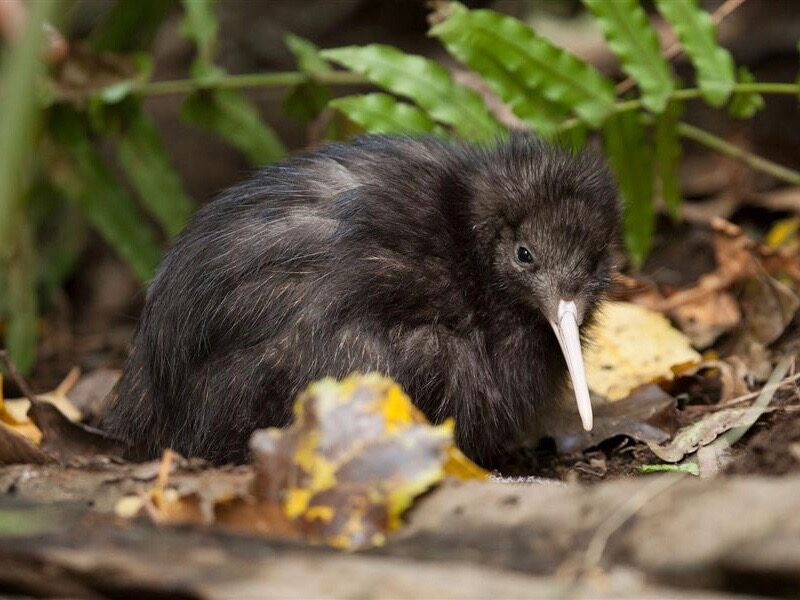 27th April 2022 Environment / Perspectives
27th April 2022 Environment / PerspectivesThe key is investing in both small-scale infrastructure and conservation, write researchers.
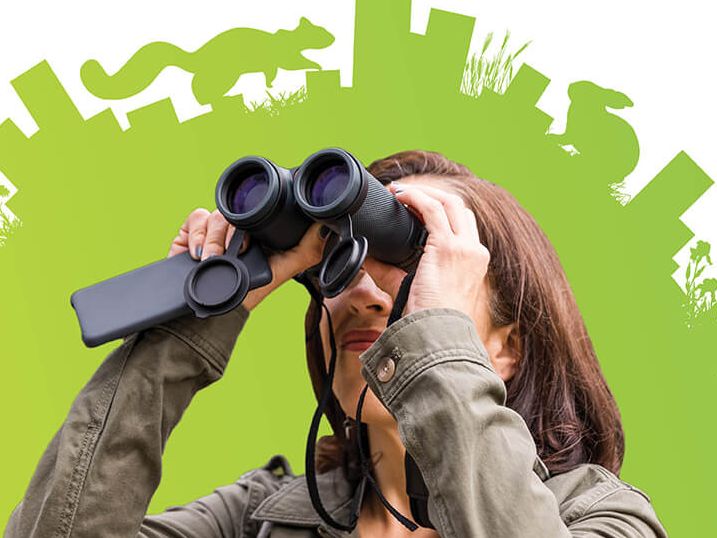 26th April 2022 Environment / Wildlife
26th April 2022 Environment / WildlifePeople in Auckland, Hamilton, Hawke’s Bay, New Plymouth, Wellington, Christchurch, and Invercargill are invited to use the iNaturalist app to gather nature observations, find species, and engage others.
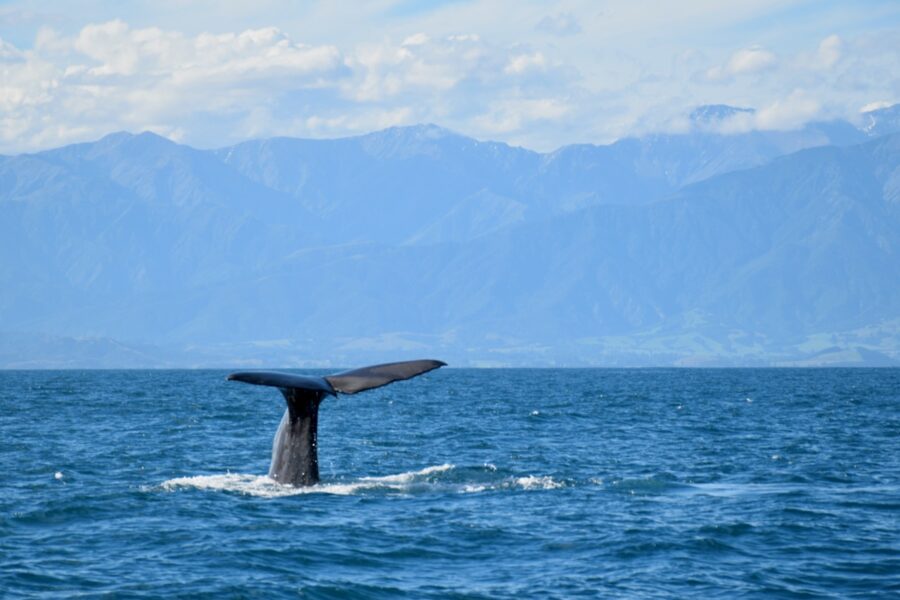 22nd April 2022 Environment / Marine
22nd April 2022 Environment / MarineDonor rewards include trips with South Pacific Helicopters, Whale Watch Kaikōura, as well as luxury accommodation at Hapuku Lodge and Treehouses.
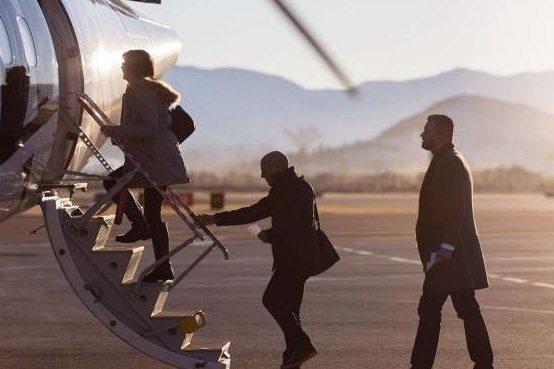 21st April 2022 BARNZ / Environment
21st April 2022 BARNZ / EnvironmentThe aviation industry has welcomed the New Zealand and Singapore governments’ Sustainable Aviation Arrangement to create a more sustainable future for aviation.
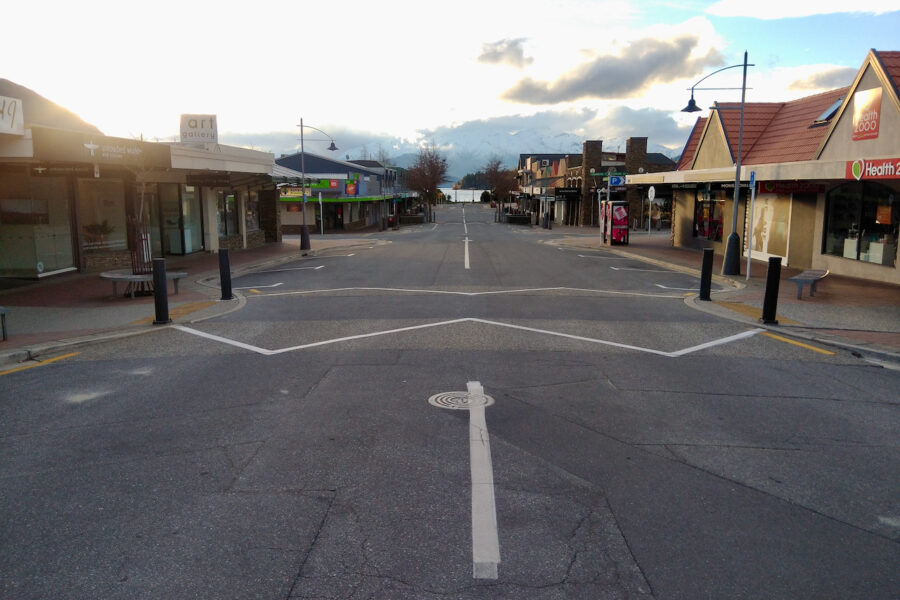 13th April 2022 Covid-19 / Environment
13th April 2022 Covid-19 / EnvironmentNew Zealanders unable to travel throughout the country during 2020’s Covid-19 lockdowns saw a reduction in emissions, according to Greenhouse Gas Inventory report from the Ministry for the Environment.
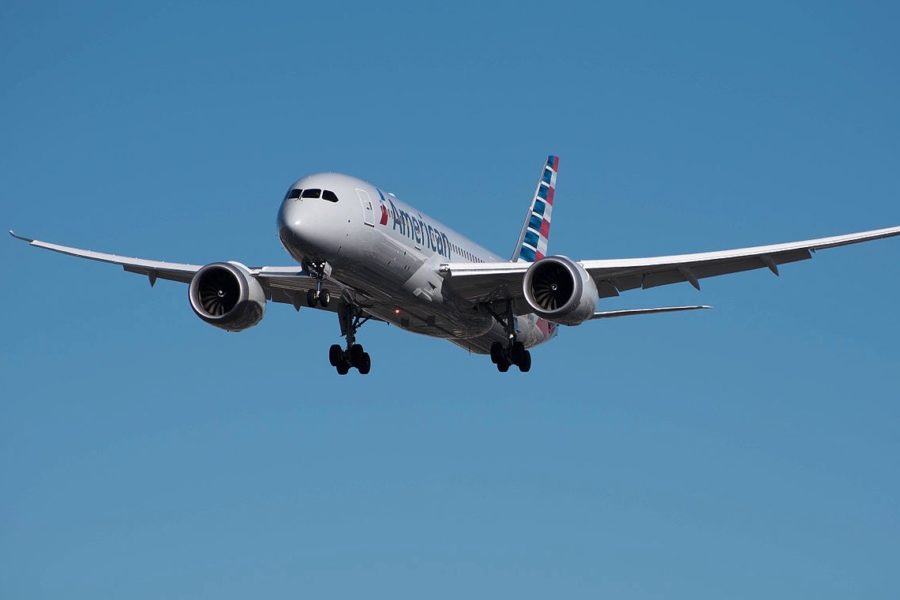 5th April 2022 Environment / Perspectives
5th April 2022 Environment / PerspectivesReducing air travel is one of the recommendations made to tackle climate change.
 28th March 2022 Environment / TPS
28th March 2022 Environment / TPSNew Zealand tourism should introduce and accelerate its own ‘net-zero carbon’ goal to help the country get there by 2050, says a Canadian tourism expert.
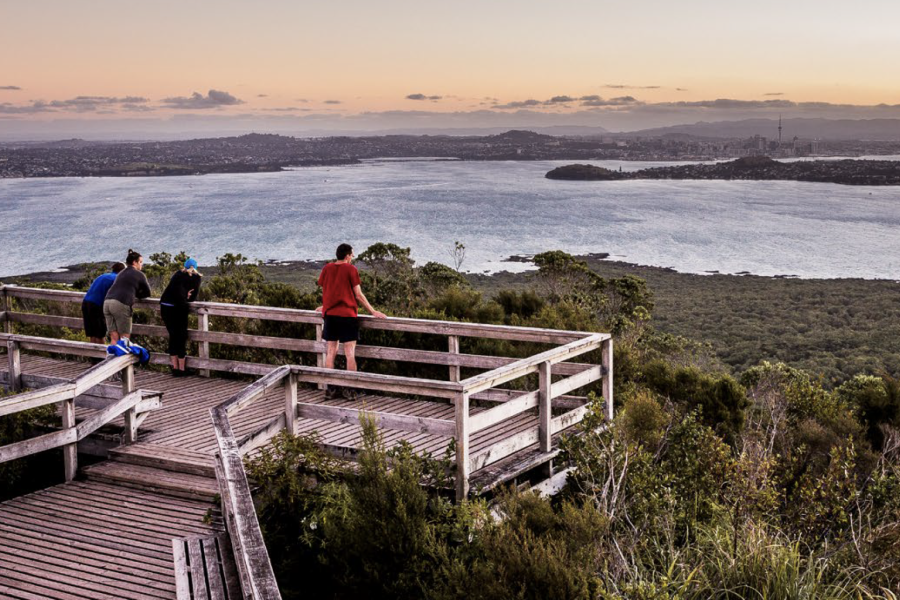 23rd March 2022 Environment / Parks
23rd March 2022 Environment / ParksBecoming a National Park City could creating “immense” benefits to identity, regional pride, tourism and business.
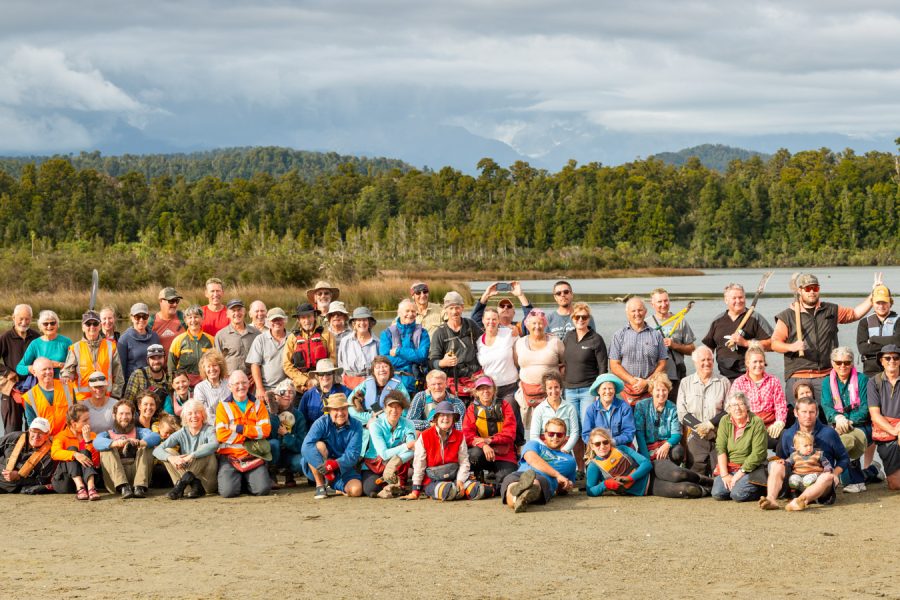 16th March 2022 Environment
16th March 2022 EnvironmentOkarito Kayaks and locals will offer free accommodation, food, kayaking and entertainment to participants.
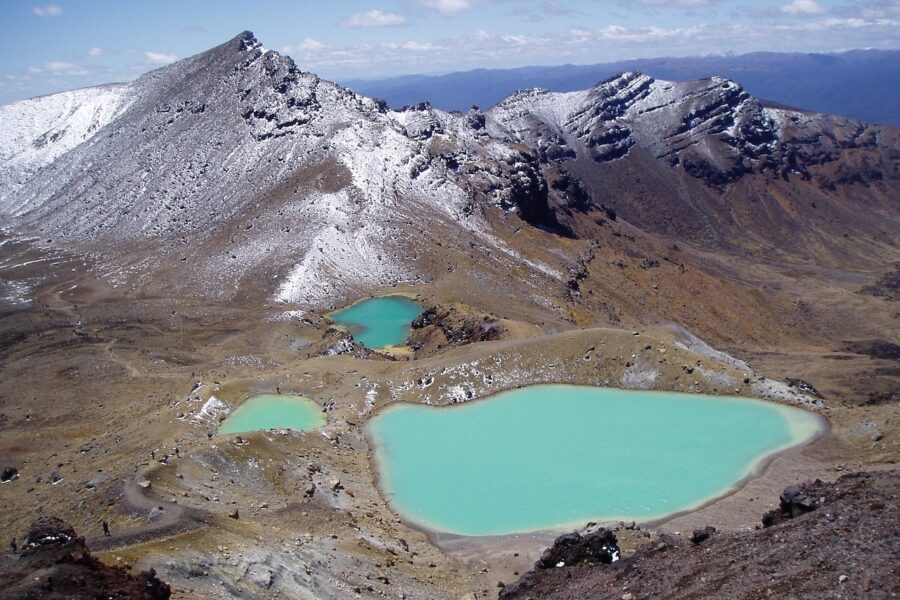 14th March 2022 Employment / Environment
14th March 2022 Employment / EnvironmentThe funding will provide an initial 14 jobs in an area hard-hit by the downturn in tourism.
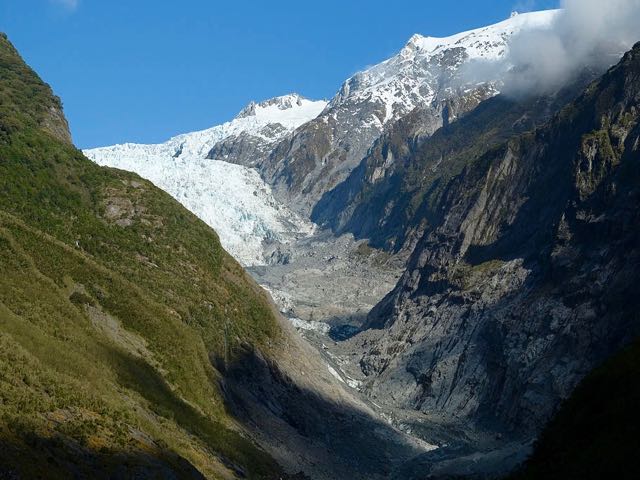 24th February 2022 Climate / Environment
24th February 2022 Climate / EnvironmentGlaciers are melting at a faster rate in the last 10 years, with the three worst years in the last 35 being since 2011.
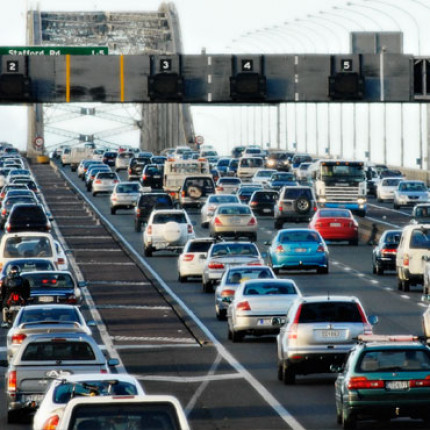 16th December 2021 Environment / Transport
16th December 2021 Environment / TransportThe government is introducing a sustainable biofuels mandate to help reduce greenhouse gas emissions in the transport sector.
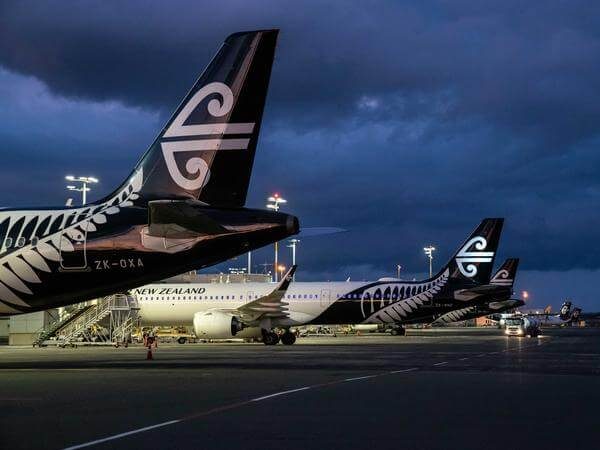 7th December 2021 Air NZ / Environment
7th December 2021 Air NZ / EnvironmentClosed borders was mainly responsible for a drop of 58% to 1.33 million tonnes of CO₂ emissions at Air New Zealand, according to the airline’s 2021 Sustainability Report.
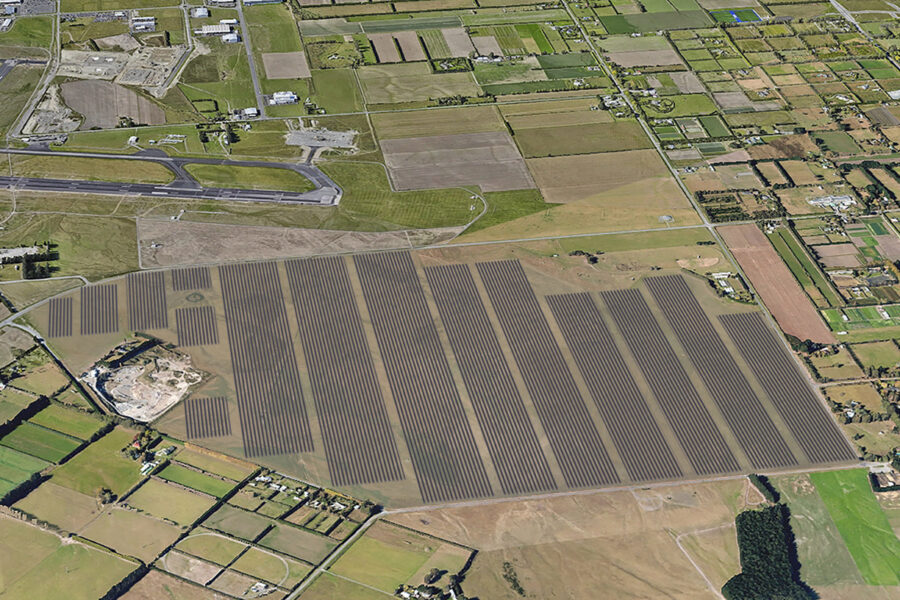 2nd December 2021 CIAL / Environment
2nd December 2021 CIAL / EnvironmentChristchurch Airport is committing 400 hectares of its Harewood campus to a new solar farm.
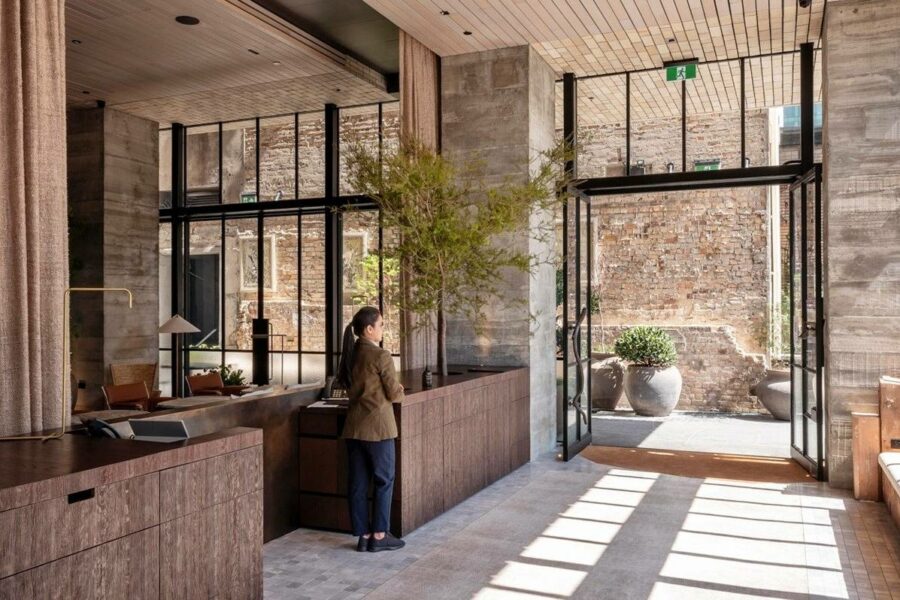 2nd December 2021 Environment / Hotels
2nd December 2021 Environment / HotelsThe Hotel Britomart at Auckland says it will plant a native tree Bay of Islands’ The Landing for every booking it takes for its Stay Green package.
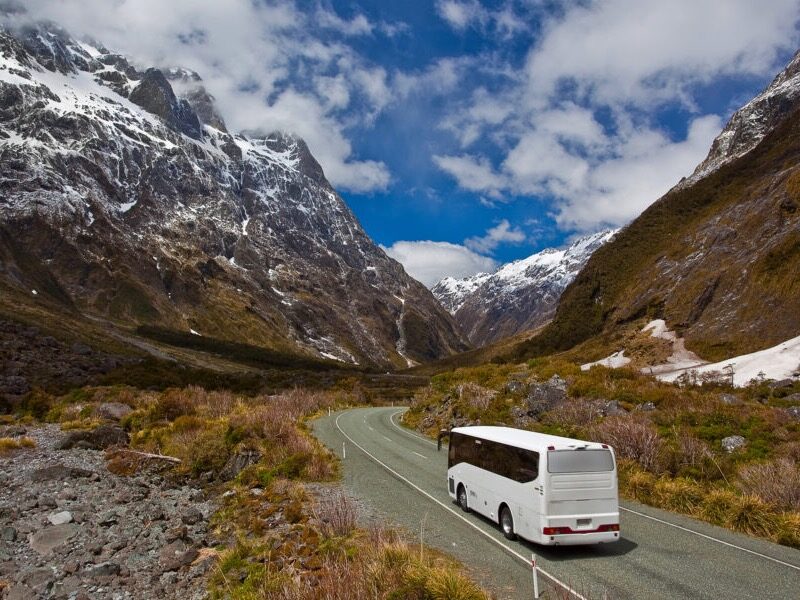 1st December 2021 Environment / Tourism Summit
1st December 2021 Environment / Tourism SummitA successful effort could serve as a model for other industries and help boost the image of tourism.